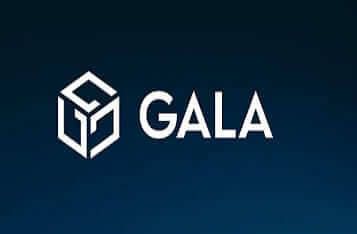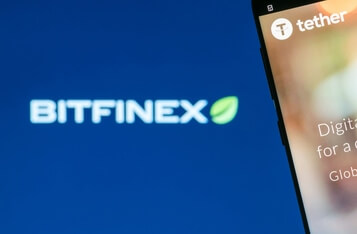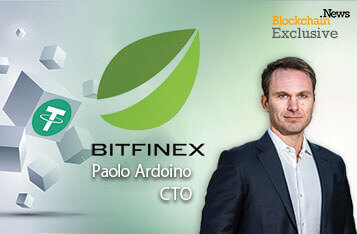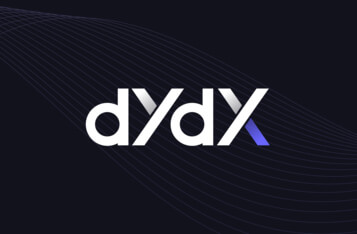DECENTRALIZATION
The separation of powers and duties originally attributed to a central power or entity to a network or group of entities. In terms of blockchain technology, decentralization often results in the removal of the third party intermediary of transactions, such as banks and government bodies, and allows individual transaction participants to deal directly with each other with the help of individual independent validators who are part of the network of users.
Gala Music Introduces Artist Upload for Independent Track Management
Gala Music's Artist Upload feature empowers artists with decentralized control over their music releases, enhancing autonomy and engagement.
The Importance of Decentralization for Web3 Startups
Discover why decentralization is vital for web3 startups, promoting competition, protecting freedoms, and rewarding all stakeholders equitably, according to a16z crypto.
a16z crypto: Exploring Key Frameworks for Decentralization in Web3 Startups
a16z crypto outlines three key frameworks for decentralization: technical, economic, and legal, highlighting their importance for Web3 startups.
Nostr Fuels the Growth of Decentralized Bitcoin (BTC) Apps
Nostr's decentralized protocol is driving a new wave of censorship-resistant Bitcoin (BTC) applications, enhancing privacy, security, and user autonomy.
Bitfinex: Aethir (ATH) Seeks to Revolutionize Decentralized Cloud Computing
Aethir offers decentralized GPU-based cloud computing solutions for AI and gaming sectors.
BitTorrent Unveils BTFS v3.0 and Storage Reward Halving to Boost DePIN Efforts
BitTorrent introduces BTFS v3.0 and storage reward halving, enhancing DePIN initiatives.
BitTorrent Unveils BTFS Protocol v3.0 Beta with Enhanced Security Features
BitTorrent launches BTFS Protocol v3.0 Beta, enhancing security, user experience, and operational efficiency.
Taiko (TAI) Network Introduces Fully Permissionless Proposing and Proving
Taiko network transitions to full decentralization with permissionless proposing and proving.
dYdX CEO Outlines Bold Vision for Decentralized Trading
Ivo Crnkovic-Rubsamen, CEO of dYdX, shares the future vision for the decentralized exchange.
Open Campus Launches First Decentralized Education Node Sale
Open Campus announces the sale of Principal Nodes for its EDU Chain, a Layer 3 blockchain designed for education.








